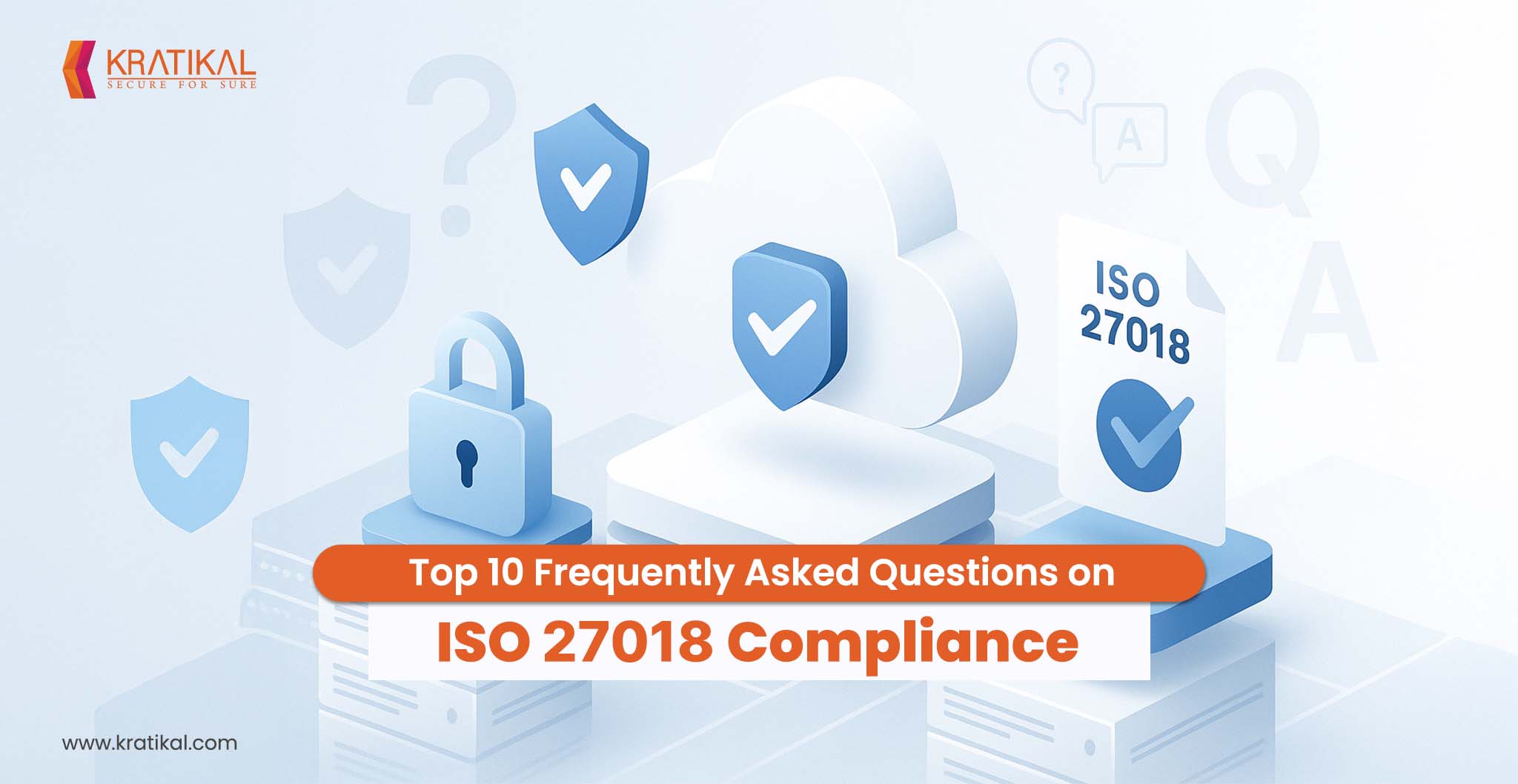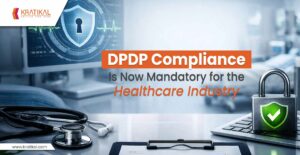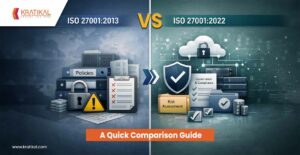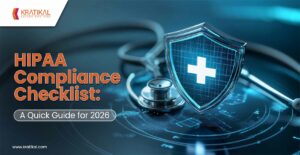As cloud adoption continues to rise, organizations are increasingly concerned about safeguarding personal data stored and processed by cloud service providers (CSPs). ISO/IEC 27018 is an internationally recognized standard that specifically addresses data protection in cloud environments. It provides guidelines to help CSPs implement effective measures for protecting Personally Identifiable Information (PII). In this blog, we answer the top 10 frequently asked questions on ISO 27018 compliance to help businesses, cloud providers, and stakeholders better understand its role in data privacy and security.
Table of Contents
- 1 Book Your Free Cybersecurity Consultation Today!
- 1.1 10 Most Frequently Asked Questions on ISO 27018 Compliance
- 1.1.1 Q1: What is the connection between ISO 27018 and GDPR?
- 1.1.2 Q2: Who should implement ISO 27018 Standard?
- 1.1.3 Q3: How does ISO 27018 differ from ISO 27001?
- 1.1.4 Q4: What type of data does ISO 27018 protect?
- 1.1.5 Q5: What are the requirements for ISO 27018?
- 1.1.6 Q6: Is ISO 27018 mandatory?
- 1.1.7 Q7: What is the difference between ISO 27018 and ISO 27001?
- 1.1.8 Q8: How many controls are in ISO 27018?
- 1.1.9 Q9: What is the purpose of ISO 27018?
- 1.1.10 Q10: Can you be certified to ISO 27018?
- 1.1 10 Most Frequently Asked Questions on ISO 27018 Compliance
- 2 Get in!
Overview on ISO 27018 Compliance
The International Organization for Standardization (ISO) is an independent, non-governmental body that develops standards across both technical and non-technical domains. The compliance outlines frameworks to help organizations safeguard their information assets. The ISO/IEC 27018:2019 standard focuses specifically on protecting personally identifiable information (PII)—data that can be traced back to an individual—making it a crucial element of internet security.
By adhering to the code of practices defined in ISO/IEC 27018:2019, organizations with this certification demonstrate that they have thoroughly assessed risks. They have also implemented robust measures to secure PII, ensuring stronger trust and protection for their users.
Book Your Free Cybersecurity Consultation Today!
10 Most Frequently Asked Questions on ISO 27018 Compliance
ISO 27018 is a critical standard for securing Personally Identifiable Information (PII) in cloud environments. To help you understand it better, we’ve compiled answers to the most frequently asked questions on ISO 27018 compliance.
Q1: What is the connection between ISO 27018 and GDPR?
Ans: If your organization operates in the European Union, compliance with the General Data Protection Regulation (GDPR) is mandatory. This regulation governs how personal data is collected and used, and its scope extends beyond EU member states—any business offering goods or services to the EU must also follow GDPR requirements.
While GDPR defines the legal framework for data protection and privacy, ISO 27018 serves as a complementary standard that helps manage data protection and information security risks. When implemented alongside ISO 27001, ISO 27018 provides a strong foundation to support GDPR compliance and build trust in data handling practices.
Q2: Who should implement ISO 27018 Standard?
Ans: This guideline is relevant for any organization that processes PII through cloud computing—whether in the private, public, or non-profit sector, and regardless of size. ISO 27018 applies to all.
When outsourcing PII, due diligence helps determine if a provider complies with ISO/IEC 27018. Any cloud service handling PII should consider this standard, and most leading providers are already building or have established strong security measures to safeguard PII.
Q3: How does ISO 27018 differ from ISO 27001?
Ans:
- ISO 27001 is a broader standard for establishing, implementing, and maintaining an information security management system (ISMS).
- ISO 27018 is an extension that specifically addresses protection of personal data in cloud environments.
Many organizations pursue ISO 27018 after achieving ISO 27001 to demonstrate additional commitment to data privacy.
Q4: What type of data does ISO 27018 protect?
Ans: ISO 27018 focuses on Personally Identifiable Information (PII) stored or processed in the cloud. Examples include:
- Names, email addresses, phone numbers
- Payment information
- Government-issued IDs
- Health records
- Any other data that can identify an individual
Q5: What are the requirements for ISO 27018?
Ans: ISO/IEC 27018 mandates that organizations establish a policy for the return, transfer, and secure disposal of personal data within a reasonable timeframe. When Microsoft engages with third-party companies that require access to customer data, it transparently discloses the identities of those subprocessors in advance.
Q6: Is ISO 27018 mandatory?
Ans: ISO 27018 is not legally mandatory, but it is widely recognized as a best practice. For organizations handling sensitive data or operating in heavily regulated industries, compliance can act as a strong differentiator and risk management tool.
Q7: What is the difference between ISO 27018 and ISO 27001?
Ans: Although part of the same ISO 27000 family, each standard has a distinct purpose. ISO 27001 establishes a comprehensive framework for information security management, ISO 27017 extends it with cloud-specific controls, and ISO 27018 focuses on protecting personal data in cloud environments.
Q8: How many controls are in ISO 27018?
Ans: ISO 27018 defines 25 controls grouped under 8 privacy principles, outlining key requirements for securing Personally Identifiable Information (PII) in cloud environments. These principles include areas such as consent and choice, as well as legitimacy and purpose specification.
Q9: What is the purpose of ISO 27018?
Ans: ISO certification indicates that a company’s processes, products, or services comply with globally recognized standards set by the International Organization for Standardization (ISO). Serving as a mark of quality assurance, it reflects a commitment to efficiency, safety, and excellence, while strengthening trust among customers and stakeholders.
Q10: Can you be certified to ISO 27018?
Ans: Unlike ISO 27001, both ISO 27017 and ISO 27018 are not management system standards, meaning organizations cannot be directly certified to them. However, their controls can be integrated into an ISO 27001-compliant ISMS, and organizations can obtain independent certification to validate their conformance with ISO 27001.
Get in!
Join our weekly newsletter and stay updated
How Can Kratikal Help You With ISO 27018 Certification?
Kratikal provides end-to-end support for organizations aiming to achieve ISO 27018 certification, which focuses on protecting Personally Identifiable Information (PII) in cloud environments. Their approach begins with a comprehensive gap analysis to identify areas where current practices fall short of ISO 27018 requirements. Based on this assessment, Kratikal helps design and implement customized policies and procedures that align with the standard. The team also conducts internal audits to ensure these measures are effective and sustainable, preparing the organization thoroughly for the official certification audit. With deep expertise in cloud security and regulatory compliance, Kratikal not only helps organizations meet ISO 27018 requirements but also strengthens overall data privacy practices, builds stakeholder trust, and demonstrates a firm commitment to safeguarding sensitive information.
Conclusion
As cloud adoption continues to grow, protecting Personally Identifiable Information (PII) has never been more critical. ISO 27018 provides organizations with a globally recognized framework to safeguard personal data in cloud environments, strengthen privacy practices, and build trust with clients and stakeholders. While not legally mandatory, implementing its guidelines demonstrates a proactive commitment to data security and complements other standards like ISO 27001 and GDPR. By leveraging Kratikal’s expertise, organizations can seamlessly integrate ISO 27018 controls, address compliance gaps, and ensure robust protection of sensitive information. Ultimately, achieving ISO 27018 alignment not only mitigates risks but also reinforces credibility, enhances customer confidence, and positions organizations as responsible stewards of personal data.
FAQs
- What is the ISO 27018 statement of applicability?
The Statement of Applicability (SoA) is a mandatory document in the certification process for ISO 27001, ISO 27017, ISO 27018, NEN 7510, HDS, and ENS. It outlines the Annex A controls that our organization has selected as essential for addressing and mitigating information security risks.
- Which security measure is essential for protecting data in the cloud?
For sensitive data, it is recommended to use strong encryption algorithms like AES-256, supported by robust key management practices. Ensure that sensitive information is always encrypted before being uploaded to the cloud, and leverage cloud-native encryption solutions to enhance security.









Leave a comment
Your email address will not be published. Required fields are marked *